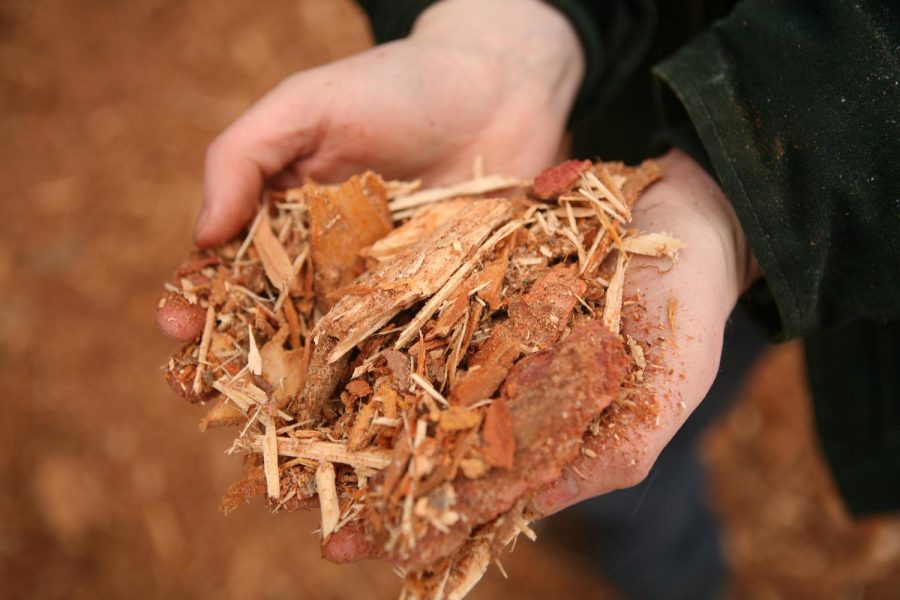WSU researchers create renewable jet fuel
The process uses lumber waste instead of ethanol for jet fuel
Courtesy Northwest Advanced Renewables Allience
Waste generated from lumber mills around the Pacific Northwest is being used to replace ethanol fuels for planes at companies like Alaska Airlines.
October 16, 2017
A WSU research team, Northwest Advanced Renewables Alliance, have found a way to replace ethanol based energy sources with biofuels created from lumber mill waste.
Co-director of NARA Mike Wolcott said waste from lumber mills can be used in commercial airliners; the long term goal behind the project was to replace ethanol based energy sources with an environmentally friendly approach.
Last year, Wolcott and his 32-person team found a way to use wood waste to power airliners like Alaska Airlines. He said, they demonstrated it by having an Alaskan Airliner travel from Seattle to Washington, D.C. last November.
Within the project itself, he said, there were different teams conducting research and communicating across four states to talk to many different refineries and lumber mills.
Wolcott said, along with project director Ralph Cavalieri, the research team was looking at biomass residues and also investigated at carbon based products in refineries and how these products are produced.
“We investigated carbon-based products,” Wolcott said, “these are products that are produced in the refinery.”
Greg Latta, a researcher on the NARA project, said they used the residue from flash piles to create jet fuel and said they are looking at logging residues in the Pacific Northwest.
“Biofuel is the toughest because there was no precedence before that,” he said.
Michael Gaffney, another researcher on the project, said they were given around $40 million grant to study the project.
“It started with a grant proposal from the Dept. of Agriculture to enhance biofuel research,” he said.
According to BioFuels Policy, one of the 45 reports that was published by NARA, one of the reasons why there has been a push for renewable energy sources was because of the 1973 energy crisis.
In the report, it states that the U.S. government, after the 1973 energy crisis, demanded more developments in renewable energy sources.
Gaffney said they asked communities across Washington, Montana, Idaho and Oregon if they would be willing to have the project team go in and use their wood waste from lumber mills.
“The main areas where there were a lot of productivity would be Washington, Montana and Oregon,” he said.
Wolcott said that many companies in the airline industry support the project and feel strongly toward it.
“Our goal was to feature a unique goal for jet fuel production,” he said.











